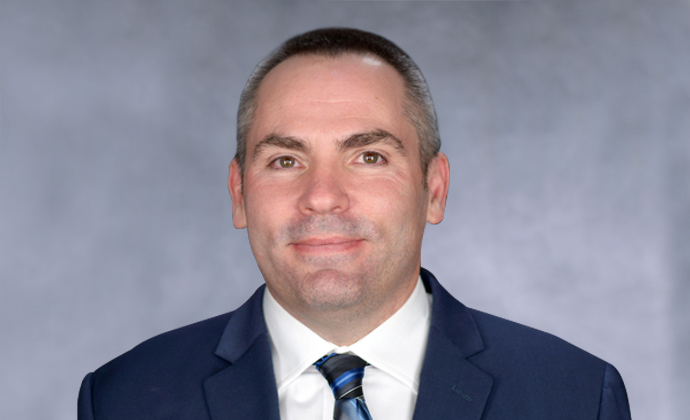For patients with advanced cancer, the last months of life are full seemingly impossible questions: What treatment options are available? Will they buy me more time? What will my QOL look like? What are the trade-offs?
And, of course, when is it time to cease “curative treatment” and begin hospice? Patients, families, and even physicians may lack the full information needed to answer this difficult, and often emotional, question.
One of the most common misconceptions patients have about hospice care, for example, is that it is only helpful during the last days or weeks of life. However, patients qualify for hospice when they have a prognosis of 6 months or less—it does not have to signal that the end is imminent. Hospice is an impactful and effective transition of care that can help prioritize the patient’s goals while managing their pain, symptoms, and stress. It’s simply too important to delay.
Those Who Use Hospice Services Experience Higher QOL
Research shows that patients with cancer and their families who use hospice services report a higher QOL than those who don’t; longer hospice lengths of stay are associated with the highest quality. Too often, however, hospice care teams hear patients with cancer say, “I wish I had received these services months ago.” Or, from those caring for loved one, “I wish I had known about hospice sooner.”
Hospice delays are not unique to patients with cancer. Nearly 30% of all patients in hospice receive care for 7 days or fewer, according to the National Hospice and Palliative Care Organization (NHPCO). However, patients with cancer are disproportionately impacted, as NHPCO also reports that nearly 40% of those who seek hospice services in the US are people in the advanced stages of cancer.
Conversation About Hospice Should Start Early, Rather Than Later
That raises important questions: As physicians, when are we talking to our patients with cancer and their loved ones about hospice? Are we talking about it at all?
This conversation is easier to start early on before patients and families face the most urgent decisions. Timely discussions help empower patients to document their wishes, which translates into fewer hospitalizations, ICU stays, and intubations—and longer hospice stays.
Equipping patients with the information and guidance they need to plan for their end-of-life care, including establishing living wills and advance directives, helps to ensure they receive the care they want to receive at the appropriate time. These documents provide clarity, preventing delays in care while patients’ families and physicians come to a consensus on next steps.
Cancer treatment and hospice care can work hand in hand to support different phases of a patient’s journey. It just takes open and frequent communication, which ultimately benefits patients, their families, and the care teams and physicians who treat them.


 Rebecca Shover
Rebecca Shover